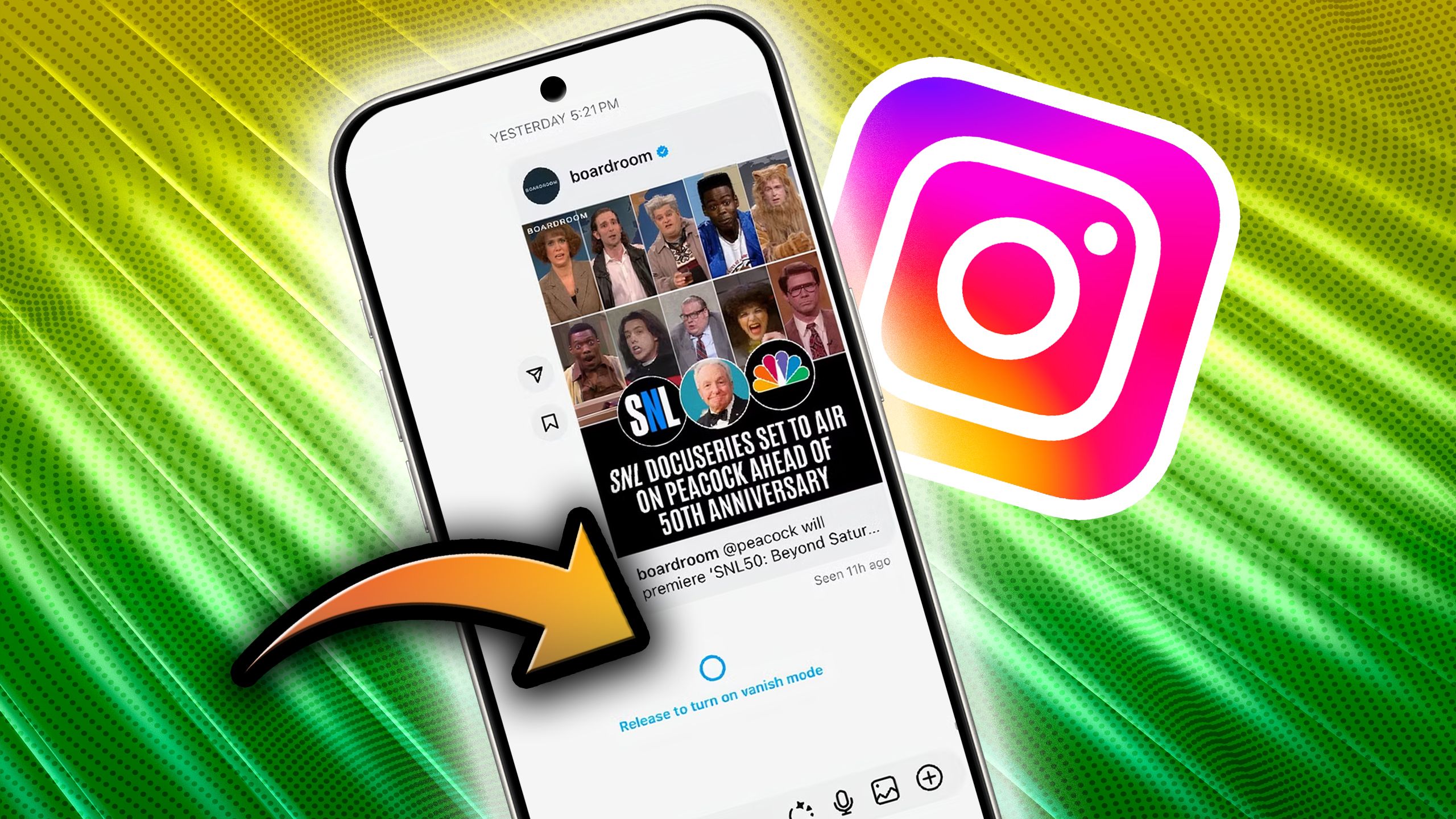Almost 95 percent WhatsApp users in India receive pesky messages daily
A massive 95 percent of WhatsApp users surveyed in India indicate that they get one or more pesky messages each day and 41 percent of those even get four or more such messages on a daily basis, a report showed on Thursday.
About 76 percent said they see such unsolicited messages on WhatsApp based on their conversations with WhatsApp business accounts and Facebook and Instagram activities.
WhatsApp users in India receive pesky messages daily
WhatsApp users in India indicate most pesky messages come from someone selling financial services, real estate, offering jobs and earning opportunities, healthcare and pathology services, according to the report by online community platform LocalCircles.
In 2021, the Competition Commission of India (CCI) had launched a probe into whether WhatsApp was in a position to compromise quality in terms of protection of individualised data.
WhatsApp users in India have been raising issues about unsolicited commercial communication on the platform for years.
The latest data shows that only 5 percent of those surveyed are spared this harassment, but 54 percent get 1-3 spam or promotional messages every day.
Experts assume that many WhatsApp users in India do not avail the options of blocking, muting or archiving users and chats or lack awareness.
“In some cases, spammers create groups of users and send pesky messages to them as it enables them to send such messages to a larger number of WhatsApp users at one go,” said the report.
With the new WhatsApp privacy policy, the users expected to see relevant advertising based on business chats on Facebook/Instagram but not exactly on WhatsApp and that too in the form of pesky messages.
“This is something that WhatsApp must investigate and if this is a result of organised advertising or partnership with brands, the users must be informed,” said the report.
–With inputs from IANS
The post Almost 95 percent WhatsApp users in India receive pesky messages daily appeared first on Techlusive.

A massive 95 percent of WhatsApp users surveyed in India indicate that they get one or more pesky messages each day and 41 percent of those even get four or more such messages on a daily basis, a report showed on Thursday.
About 76 percent said they see such unsolicited messages on WhatsApp based on their conversations with WhatsApp business accounts and Facebook and Instagram activities.
WhatsApp users in India receive pesky messages daily
WhatsApp users in India indicate most pesky messages come from someone selling financial services, real estate, offering jobs and earning opportunities, healthcare and pathology services, according to the report by online community platform LocalCircles.
In 2021, the Competition Commission of India (CCI) had launched a probe into whether WhatsApp was in a position to compromise quality in terms of protection of individualised data.
WhatsApp users in India have been raising issues about unsolicited commercial communication on the platform for years.
The latest data shows that only 5 percent of those surveyed are spared this harassment, but 54 percent get 1-3 spam or promotional messages every day.
Experts assume that many WhatsApp users in India do not avail the options of blocking, muting or archiving users and chats or lack awareness.
“In some cases, spammers create groups of users and send pesky messages to them as it enables them to send such messages to a larger number of WhatsApp users at one go,” said the report.
With the new WhatsApp privacy policy, the users expected to see relevant advertising based on business chats on Facebook/Instagram but not exactly on WhatsApp and that too in the form of pesky messages.
“This is something that WhatsApp must investigate and if this is a result of organised advertising or partnership with brands, the users must be informed,” said the report.
–With inputs from IANS
The post Almost 95 percent WhatsApp users in India receive pesky messages daily appeared first on Techlusive.







